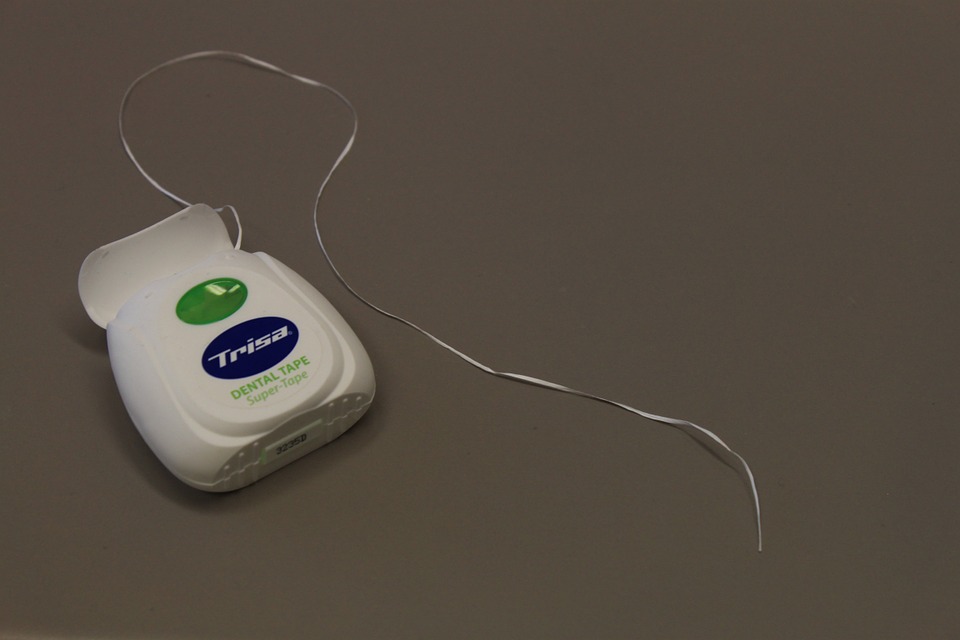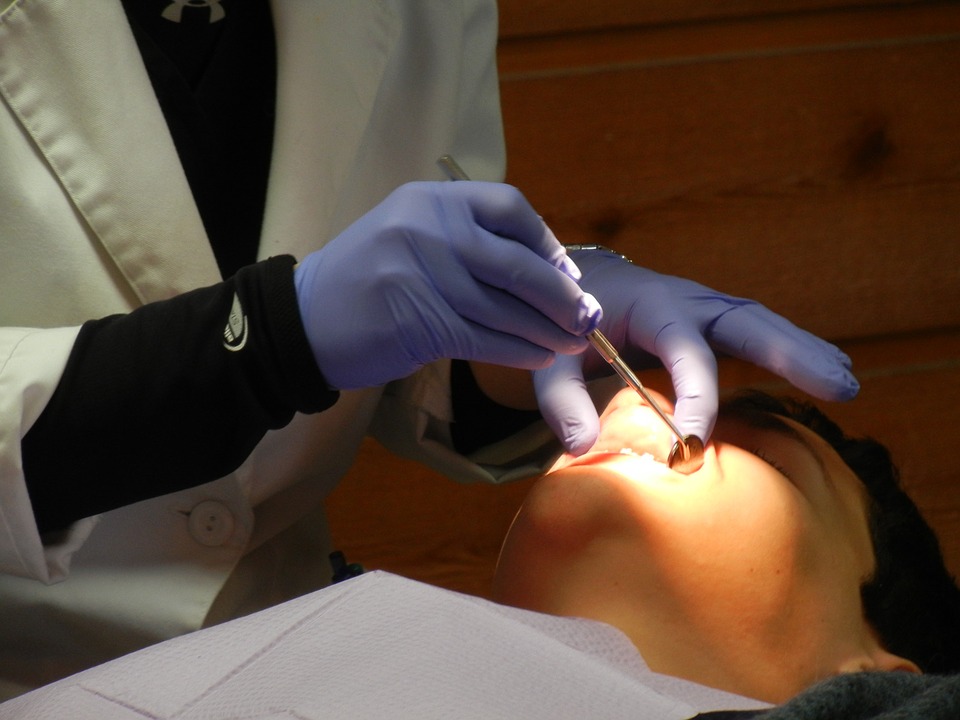Dental problems can cause some of the most uncomfortable and debilitating pains in your teeth and jaw. If you’ve ever had a toothache, we’re sure you’ll agree with us! Oral pains can be distracting or at their worst debilitating, and it can be tempting to immediately contact a dentist to put your mind at ease. However, not all cases of oral pains are a dental emergency. It’s important to know which ones are emergencies and which ones can wait.
We’ve compiled a list of the major problems for which you should see a dentist straight away, as well as minor ones that can wait. You should still visit a dentist if you suffer with any oral pain, but these are minor issues that do not require immediate medical attention.
Along with our guide to what is and isn’t a dental emergency, we’ve included some tips on how best to look after your dental health, and keep your teeth looking and feeling their best. read more





